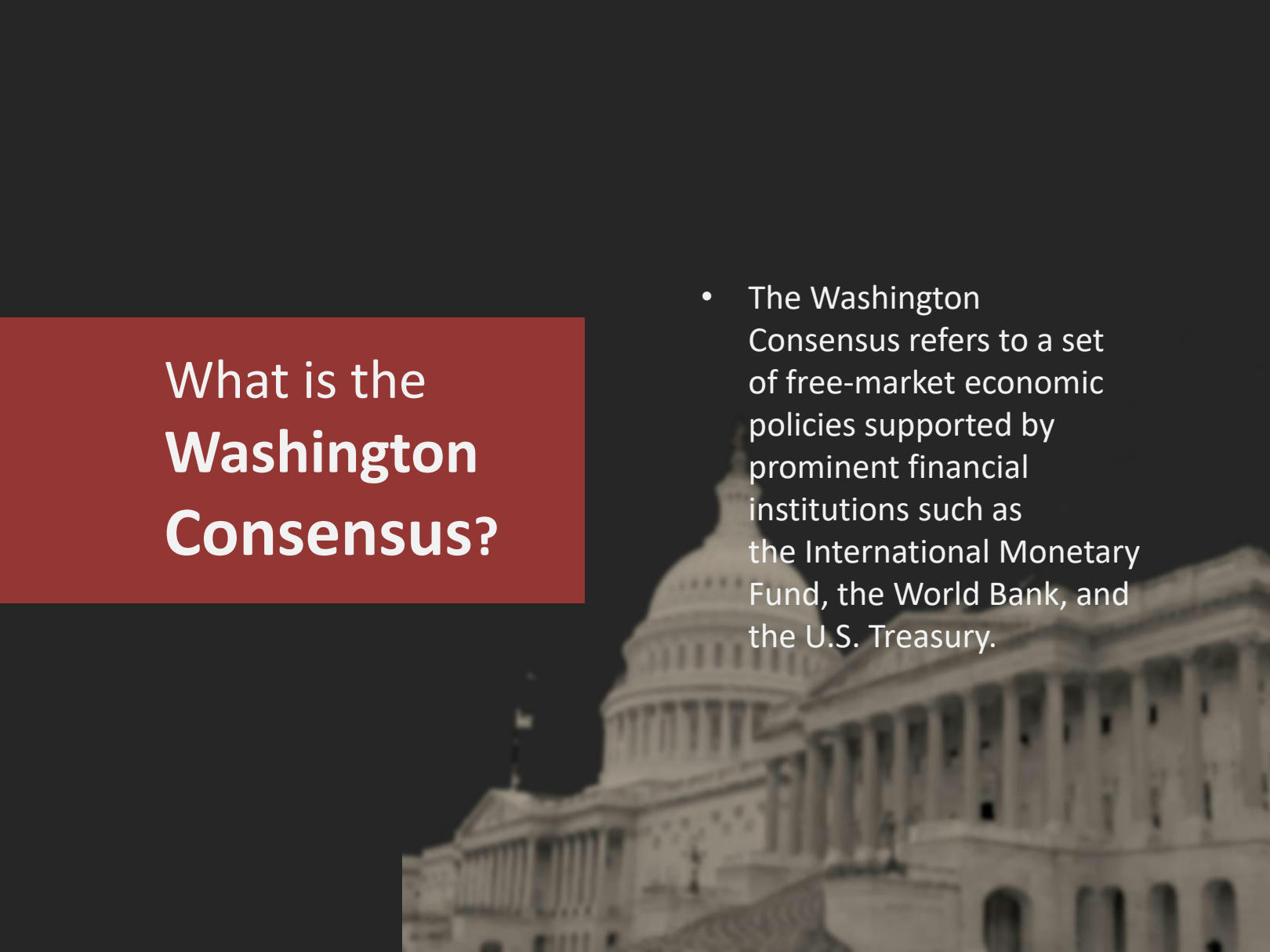
Christopher A. McNally, Professor of Political Economy, Chaminade University
May 30, 2024
The Biden administration’s new tariffs on Chinese goods are primarily symbolic and political, with negligible economic impact, but they aim to protect and foster the U.S. clean energy supply chain, particularly in the EV sector. However, the tariffs are politically motivated and could undermine industrial policy goals by focusing on geopolitical competition rather than applying uniformly to all countries.
Gu Bin, China Forum expert at Tsinghua University, Associate Professor of Law at Beijing Foreign Studies University
Feb 26, 2024
By funding the war against Russia, Bretton Woods institutions, such as the World Bank and International Monetary Fund, undermine the rule of law as embodied in their charters. They have probably violated principles of economic impartiality, prudence and political non-interference.
Zhang Tuosheng, Principal Researcher at Grandview Institution, and Academic Committee Member of Center for International Security and Strategy at Tsinghua University
May 04, 2023
New international institutions, mechanisms and laws — as well as the reform and improvement of existing ones — should no longer be dominated by the West. The shaping of a new global order should be done through multilateral cooperation.

Dan Steinbock, Founder, Difference Group
Mar 01, 2023
The year 2023 represents a turning point. If economic realities guide global prospects, it will be a positive turnaround. If geopolitics will continue to penalize economic prospects, a negative inflection point is more likely.

Yu Yongding, Former President, China Society of World Economics
May 10, 2022
In The Economic Weapon: The Rise of Sanctions as a Tool of Modern War, historian Nicholas Mulder reminds us that even when Britain and Russia were savagely battling each other during the 1853-56 Crimean War, they continued to service their debts to each other. Likewise, when hedge funds launched predatory attacks on Asian currencies during the 1990s Asian financial crisis, they ultimately still played by the rules (even though their unethical behavior brought some East Asian countries’ economic progress to a halt).
Andrew Sheng, Distinguished Fellow at the Asia Global Institute at the University of Hong Kong
Xiao Geng, Director of Institute of Policy and Practice at Shenzhen Finance Institute, Chinese University of Hong Kong
May 05, 2022
After the 2008 global financial crisis, the world seemed ready to undertake meaningful reform of the international monetary system. But the promised structural changes never happened. And the recent spring meetings of the International Monetary Fund and the World Bank indicated that the current bout of global economic upheaval will similarly fail to spur transformation.
He Weiwen, Senior Fellow, Center for China and Globalization, CCG
Apr 11, 2022
The Ukraine conflict will hit low-income developing countries with particular ferocity. These countries are not in Europe, nor are they involved in the war. Yet their people will suffer soaring energy costs, hunger, poverty and financial ruin.
Apr 08, 2019
Disappointing indicators show similar picture in US, China and Europe

Dan Steinbock, Founder, Difference Group
Feb 11, 2019
In the postwar era, the multilateral development banks were created to facilitate global trade. Today, they are ‘America First’ targets.
Jan 15, 2018
China should be willing to loosen trade and investment restrictions if it seeks to play a leading role in globalization, International Monetary Fund First Deputy Managing Director David Lipton said.